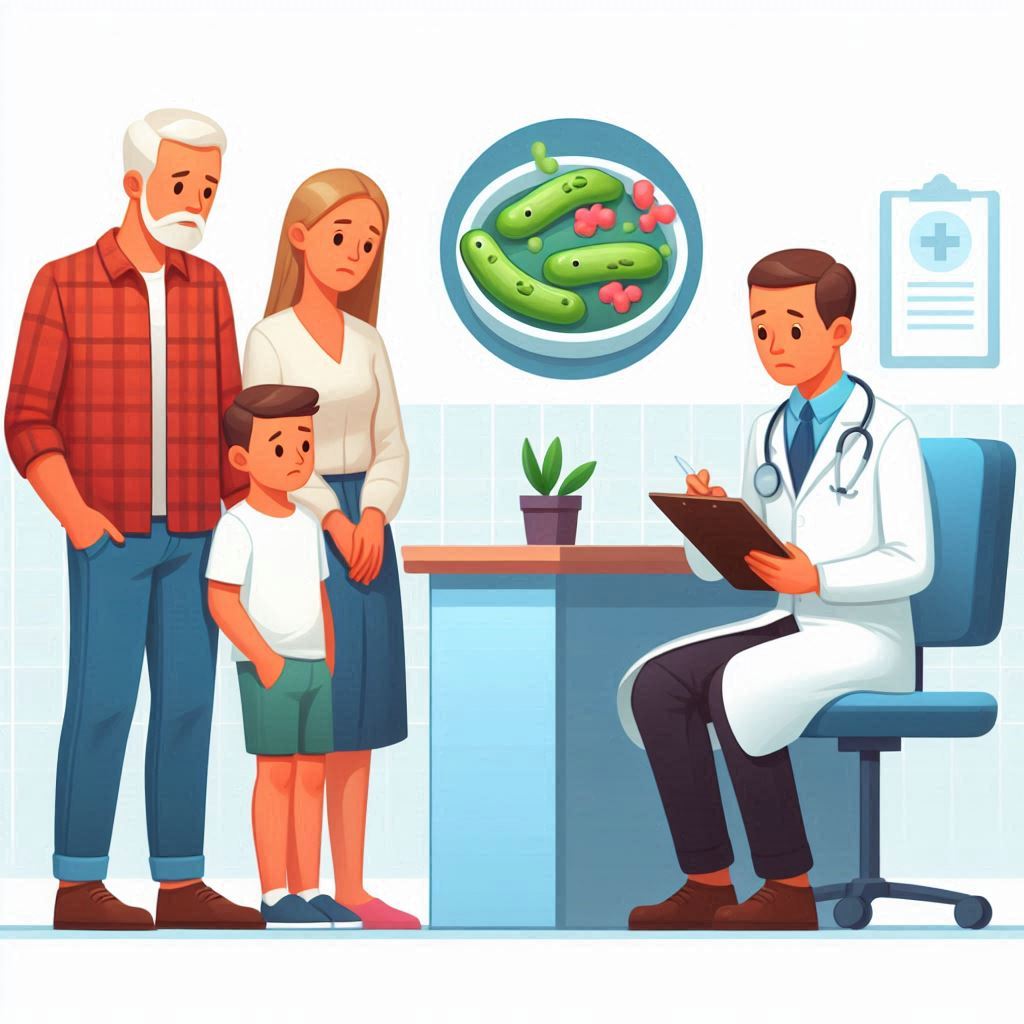
Carrot recalls are underway across the U.S. after a worrying E. coli outbreak linked to certain brands of organic carrots has resulted in dozens of illnesses and at least one death. The organic carrot recall includes popular brands found in many homes, causing the CDC to issue warnings for people in 18 states. This article gives you all the information you need to know about the recall, the affected products, symptoms, and steps you can take to protect your family.
E. Coli Outbreak Sparks Organic Carrot Recall Nationwide
Grimmway Farms, a well-known organic produce company, has initiated a carrot recall after the Centers for Disease Control and Prevention (CDC) identified a deadly strain of E. coli linked to its products. The outbreak has led to 39 people getting sick, 15 hospitalized, and tragically, one person losing their life.
The CDC warns that the affected carrots may still be in many homes and has urged consumers to throw away or return the products immediately. While the contaminated carrots may no longer be sold in stores, their wide distribution and extended shelf life mean they may pose a continued risk if stored in a refrigerator.
Which Products Are Impacted by the Organic Carrot Recall?
This organic carrot recall includes baby carrots and whole organic carrots sold under several brand names between August and October. The brands included in the recall include:
- Grimmway Farms
- Trader Joe’s
- Wegmans
- Sprouts
- Good & Gather
The recalled carrots have a “best-if-used-by” date of Sept. 11 to Nov. 12, 2024, and they were distributed to grocery stores in the U.S., Canada, and Puerto Rico. Grimmway Farms has also shared label images to help customers identify the affected products.
Why Is E. Coli So Dangerous?
E. coli, specifically the Shiga toxin-producing strain (STEC), is responsible for this outbreak. This bacterium is notorious for causing severe gastrointestinal illness, often causing symptoms such as intense abdominal cramps, bloody diarrhea, and vomiting. Some cases can cause hemolytic uremic syndrome (HUS), a condition that can lead to kidney failure, especially in young children, the elderly, and people with weakened immune systems.
According to the CDC, people typically begin to feel Symptoms of E. coli infection typically appear within three to four days after exposure and can last for five to seven days. In severe cases, E. coli infection can lead to permanent health problems or even death.
What Should You Do if You Have Recalled Carrots?
If you bought any of the recalled carrot brands, the CDC advises you to discard them or return them to the store where you made the purchase. Also, wash and sanitize any surfaces that come into contact with carrots, as E. coli can be spread by contact. The CDC advises anyone who suspects an E. coli infection should consult a doctor if they have severe symptoms.
Customers should remain vigilant and contact their healthcare provider if they experience symptoms such as diarrhea, fever, nausea or dizziness. Since E. coli can be particularly harmful to certain populations, early medical intervention is essential to minimize health risks.
Grimmway Farms Responds to the Outbreak
Grimmway Farms President and CEO Jeff Huckaby said in a press release that the company takes the safety and quality of its products seriously and is collaborating with health officials to identify the cause of the outbreak. “Huckaby stated, ‘We take our responsibility for the safety and quality of our products very seriously. Customer health and product integrity are our top priorities, and we are conducting a comprehensive review of our farming, harvesting, and processing practices.”
Grimmway Farms is working closely with the CDC and other authorities to investigate potential sources of contamination in its production and distribution chain.
How Does E. Coli Spread?
E. coli is often spread through contaminated food and water, usually from animal or human feces. For this reason, the CDC and FDA closely monitor agricultural practices to prevent contamination. However, due to the nature of organic farming and raw products, contamination can sometimes occur despite strict safety protocols.
Final Warning – Check Your Carrots and Protect Your Health
This carrot recall highlights the serious health risks associated with contaminated products. If you or a member of your family has eaten the affected carrots and develops symptoms, seek medical attention immediately. E. coli infections can be life-threatening, especially for those who are most susceptible.

To be safe, double-check your produce for any of the items listed in the organic carrot recall and follow all CDC recommendations to help prevent the spread of E. coli.
Stay informed and stay safe – your health depends on it.
- Ryan Reynolds stands firm amid Blake Lively’s lawsuit against Justin Baldoni and tensions with WME
- Elementary School Horror – 7-Year-Old Child Dies in Heartbreaking Stabbing
- Panama Canal dispute – Trump’s explosive comments reignite debate
- Governor Abbott’s Bold Move – A Chilling Campaign to Deter Illegal Immigration
- Josh Hartnett Shines Brilliantly in Colleen Hoover’s Verity: An Unmissable Gripping Thriller Worth Watching
- Magdeburg: A Thrilling Journey Through History, Culture, and Innovation










